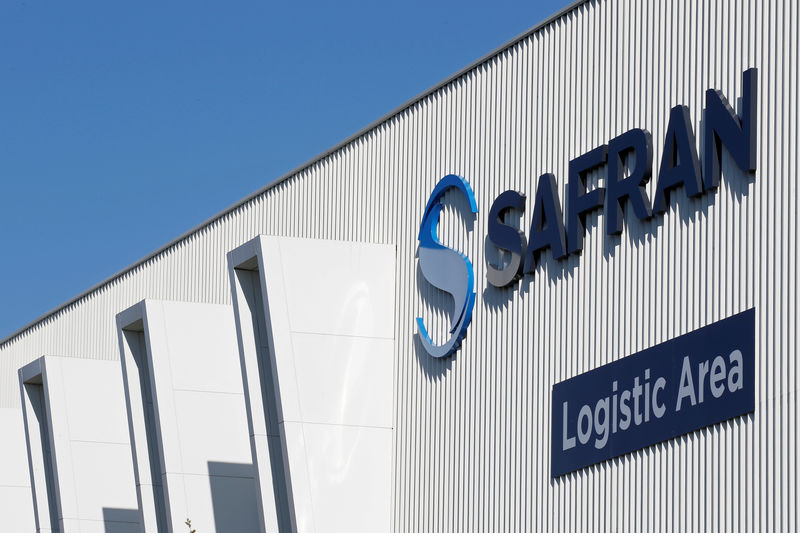This post was originally published on this site
https://i-invdn-com.akamaized.net/trkd-images/LYNXMPEFB21QH_L.jpg
PARIS (Reuters) – The head of French jet engine maker Safran (PA:) has voiced caution over the ability of aerospace supply chains to ramp up quickly after the return to service of the Boeing (NYSE:) 737 MAX, which has been grounded for months following two fatal accidents.
Safran co-produces the LEAP engine for the MAX through its CFM International joint venture with General Electric (N:).
Once the jet returns to service – the timing of which is in the hands of regulators – Boeing plans to reach a previously targeted production level of 57 aircraft a month by end-2020 from its current rate of 42, down from 52 before the grounding.
It has not said how the output rise would be handled.
Speaking to a group of reporters, Safran CEO Philippe Petitcolin noted planemakers like Boeing typically alter production in incremental steps of 5 aircraft a month.
“It is usually recommended to go up by 5 a month every 6 months, otherwise you can lose everyone (suppliers),” he said.
He declined to comment directly on Boeing production plans, but his comments suggest Boeing may not find it easy to reach 57 a month until 2021, even if the MAX is ungrounded this year.
Boeing’s current plan implies output increases every four months instead of every six, a rate of change in the supply chain that Petitcolin described as ambitious.
Boeing had no immediate comment.
Not all suppliers are exposed to the same pressure. Some have continued to produce at 52 a month during the crisis in order to avoid kinks in production.
Once the grounding is lifted, Boeing has suggested it can deliver 70 MAX aircraft a month, matching the most it has delivered in any previous month.
The actual production rate in its assembly plant may depend on the degree to which Boeing decides to meet this goal directly from the production line or from the hundreds of aircraft now in storage, which have been built during the grounding.
Petitcolin said CFM would work hard to respond to whatever production rate Boeing deemed necessary.
It is also bracing for increased demand for LEAP engines from Europe’s Airbus because of increases in CFM sales against rival Pratt & Whitney (N:).
The two engine makers compete for airline contracts to power the Airbus A320neo, while CFM alone powers the MAX.
Pratt & Whitney has been hit by technical problems and recently lost two customers to CFM.
The original A320neo production plan assumed a roughly 50/50 split between CFM and Pratt & Whitney engines, but CFM has been asked to plan for an average of about 55%, executives said.
Fusion Media or anyone involved with Fusion Media will not accept any liability for loss or damage as a result of reliance on the information including data, quotes, charts and buy/sell signals contained within this website. Please be fully informed regarding the risks and costs associated with trading the financial markets, it is one of the riskiest investment forms possible.

